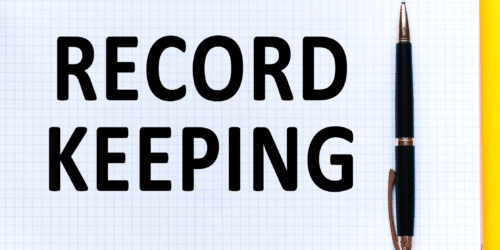“Do I really need my own lawyer, or can my partner and I go to see the same lawyer?”
This is a question we frequently hear when two people decide to enter into a cohabitation agreement, marriage contract or separation agreement.
The simple answer is yes, you each need your own lawyer.
Why, you might ask, do each of you need your own lawyer? After all, this is an agreement or contract which the two of you are working on together, even negotiating one-on-one. The main reason for separate lawyers is because of something called “Independent Legal Advice”.
Independent Legal Advice is the term we give to advising a client on their agreement or contract and how its clauses impact his or her legal rights and obligations. Due to the nature of the document, the contents and their impact will mean something different for both of you. For example, if your partner says that each of you will keep your own assets, you need to be advised what this means in terms of your legal rights. Maybe you want to protect your down payment towards a house, or your house entirely. One lawyer representing both of you could not advise you together because you both need independent advice regarding your specific circumstances.
Here is another common example: Your partner wants to do what we call a spousal support release. This means that, if you were to separate (or have separated) you cannot claim spousal support (called alimony in the United States) from your partner. Your entitlement is based on many factors (the length of your cohabitation, whether you were a stay-at-home parent or your partner supported you, your incomes, etc.). Even if you are entitled to spousal support, you would not be able to claim support with a release. If both of you were before one lawyer, the lawyer would tell your partner that yes, this is a good protection – but in the same breath would have to tell you that perhaps you’re giving up something you could be, or are, legally entitled to. Because of this conflict, you each need your own lawyer. It’s important to also note that these lawyers must be from different firms, because of a potential conflict of interest in the firm.
Just because you now each have your own lawyer, this doesn’t mean the two of you can’t talk about your agreement or decide on things together. The purpose of lawyers is that now you can each get the legal advice you need to sign an agreement with full understanding of its terms. With both of you having Independent Legal Advice, your agreement or contract is stronger. If either of you were to contest it down the road, the fact that you have each had Independent Legal Advice makes an agreement harder to dispute and potentially overturn.
What if you can only afford one lawyer? Parties may decide that only one will see a lawyer, and the other person will waive Independent Legal Advice. Doing so, however, can weaken your agreement – you now have an opening for the party without a lawyer to say they did not know what they were signing or didn’t understand what they were agreeing to. We always strongly recommend that each of you receive Independent Legal Advice.
This blog post was written by Olivia Koneval, a member of the Family Law team. She can be reached at 613-369-0367 or at olivia.koneval@mannlawyers.com.








